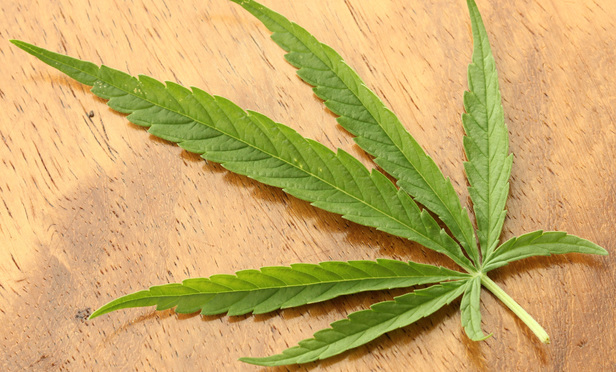In the last 30 days, Delawareans witnessed three major events that further loosen restrictions on marijuana use and possession in the state. The first two reforms relate to medical marijuana accessibility: the passing of SB 90, which permits minors’ access to medical marijuana oils for the treatment of various conditions, including intractable epilepsy; and, the opening of Delaware’s first medical marijuana dispensary in New Castle County. Lastly, on June 18, Gov. Jack Markell signed HB 39, which downgrades the punishment for possession of small quantities of marijuana from a crime to a civil offense punishable by a $100 fine. These recent collective measures demonstrate the growing support among legislators and Markell toward greater medical marijuana access, and perhaps, a changing view toward recreational use as well.
On June 23, Markell signed “Rylie’s Law”—a bill that gives minors access to medical marijuana-based oils used to treat intractable epilepsy and other conditions. The oils do not contain enough THC—the psychoactive ingredient in marijuana—to get the patient high. Although Delaware legalized medical marijuana in 2011, that law restricted use to those 18 years old and over. In recent years, marijuana-based oils have proven an effective treatment for children with severe seizure disorders. Some children have as many as 100 seizures per day. Using an oil derived from marijuana with low amounts of THC—the ingredient that creates a high—and high levels of CBD—a non-psychoactive ingredient shown to have a beneficial effect—parents have been able to manage and sometimes eliminate their child’s seizures all together. The bill was sponsored by Delaware Sen. Ernie Lopez, R-Lewes, and was motivated by a call he received from a concerned Delaware mother who vouched for the benefits of low-THC oil treatment for her child’s seizure disorder. The bill moved quickly through the General Assembly with bipartisan support and passed unanimously.



